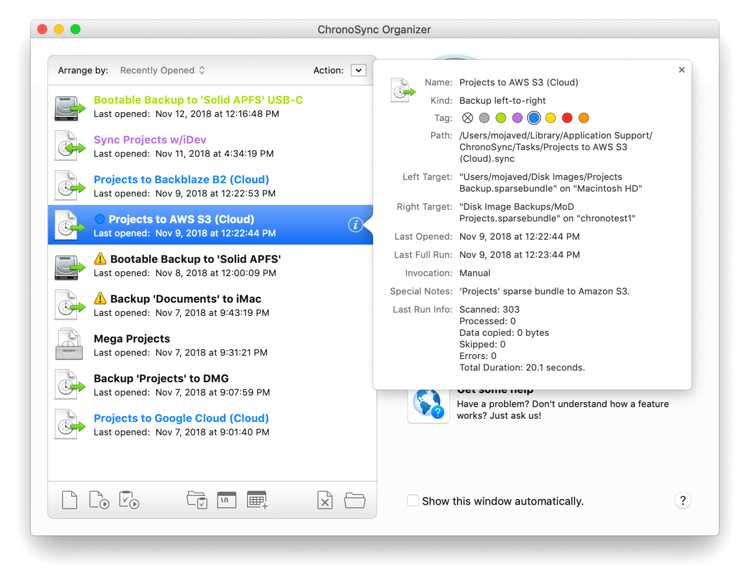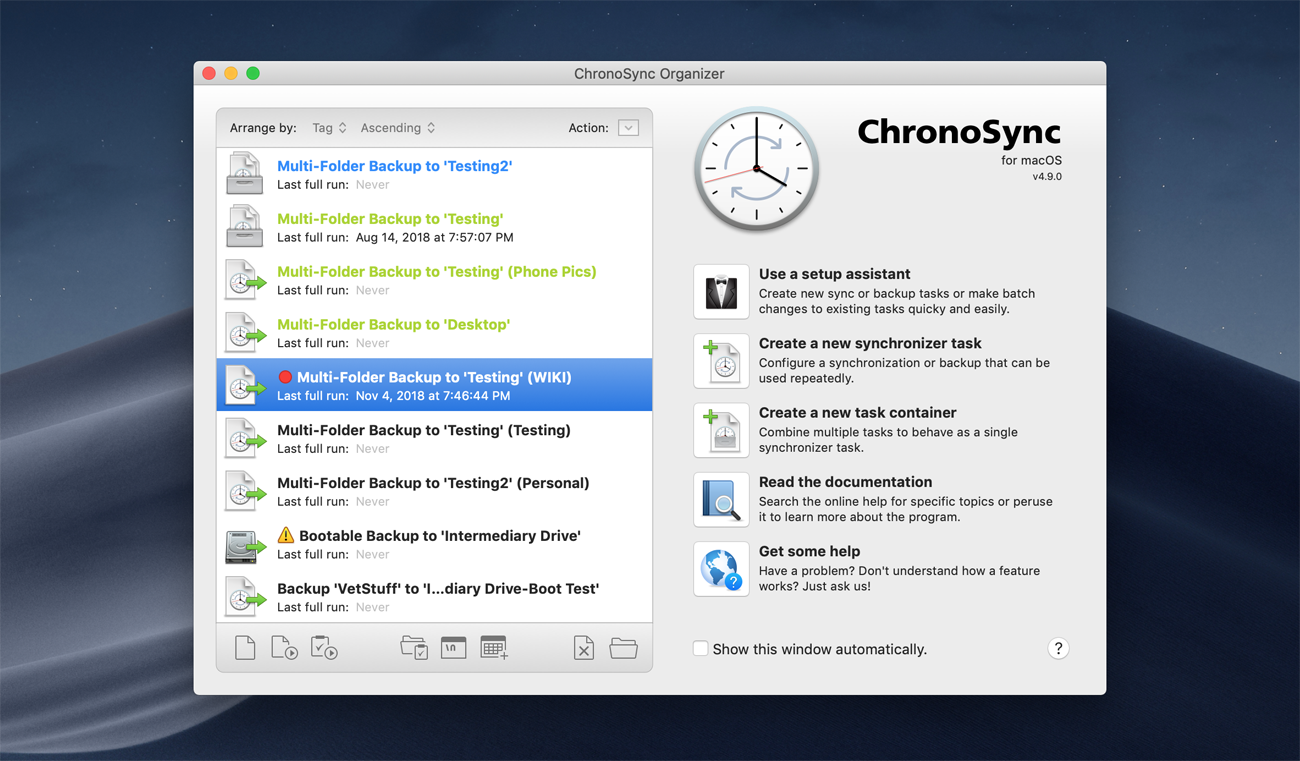
SMEs perform natural language processing-based classification and exploit several machine learning capabilities, in an online real-time manner. In this paper, we propose FLARE, a framework using 'Social Media Engines' (SMEs) to map social media posts (SMPs), such as tweets, to the right names. Thus, a method that delivers these social media posts to the right first responders can significantly improve outcomes. People increasingly depend on social media for communicating vital information, using free-form text. Name-based information delivery provides efficient, timely dissemination of relevant content to first responder teams assigned to different incident response roles.

Comprehensive evaluations indicate that MCFsyn significantly outperforms existing alternatives in terms of both reconciliation accuracy and communication cost.read more read lessĪbstract: During disasters, it is critical to deliver emergency information to appropriate first responders. For the identified missing elements, MCFsyn helps the participants to choose the optimal senders to fetch with the minimum communication cost. The participants then identify the different elements by traversing the overall MCF which contains the information of all elements in the union set. MCFsyn aggregates and distributes sets information represented by MCFs along with an underlying minimum spanning tree among the participants. Grounded on MCF, we implement the MCFsyn protocol to reconcile multiple sets. To this end, in this article, we propose the marked cuckoo filter (MCF), a data structure for representing set members. The current reconciliation protocols, on the other hand, fail to achieve the global optimization of communication cost. However, existing sketch data structures are insufficient to satisfy the new needs brought by the multi-party scenario simultaneously, including space-efficiency, mergeability, and completeness. It naturally contains two dimensions, i.e., set representation and reconciliation protocol. We show through simulations that ChronoSync is effective and efficient in synchronization dataset state, and is robust against packet losses and network partitions.read more read lessĪbstract: Multi-party set reconciliation is a key component in distributed and networking systems. We implemented ChronoSync as a C++ library and developed two distributed application prototypes based on it.

With the complete and up-to-date knowledge of the dataset changes, applications can decide whether or when to fetch which pieces of the data. Differences of the dataset can be inferred from the digests and disseminated efficiently to all parties. Using appropriate naming rules, ChronoSync summarizes the state of a dataset in a condensed cryptographic digest form and exchange it among the distributed parties. We propose ChronoSync protocol, which exploits the features of the Named Data Networking architecture to efficiently synchronize the state of a dataset among a distributed group of users. Abstract: In supporting many distributed applications, such as group text messaging, file sharing, and joint editing, a basic requirement is the efficient and robust synchronization of knowledge about the dataset such as text messages, changes to the shared folder, or document edits.


 0 kommentar(er)
0 kommentar(er)
